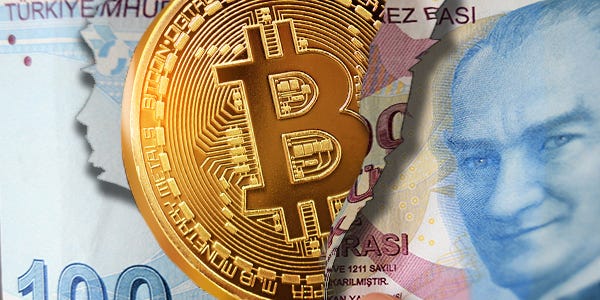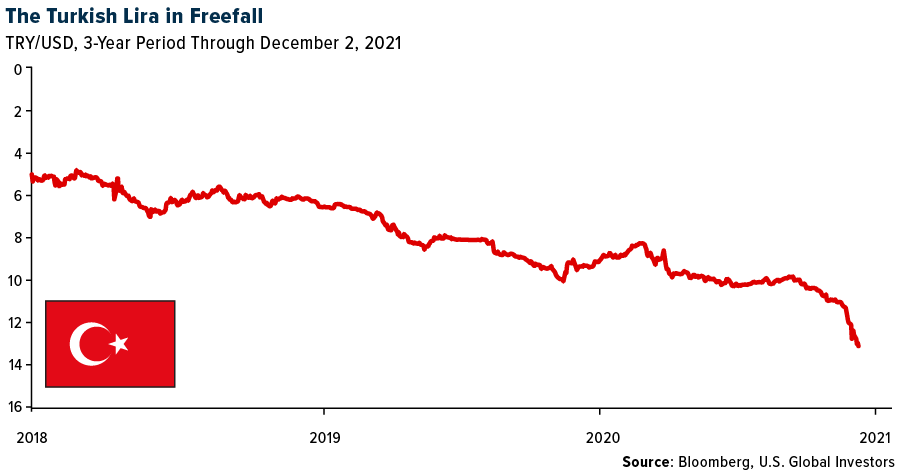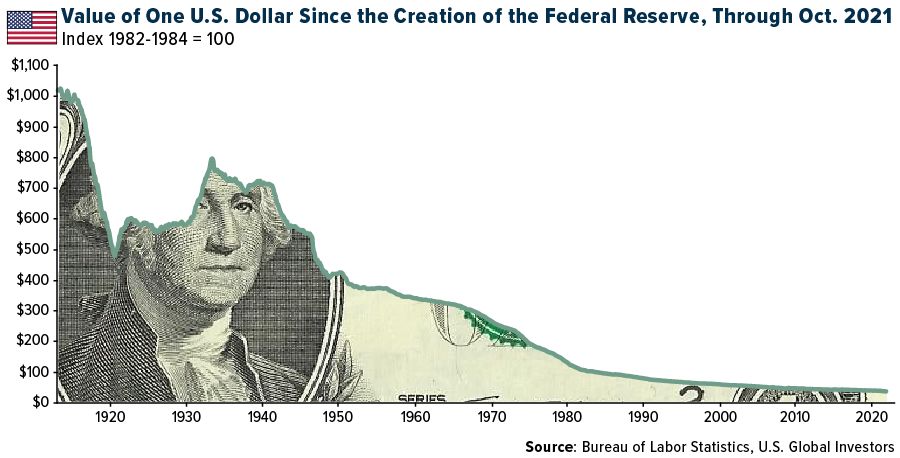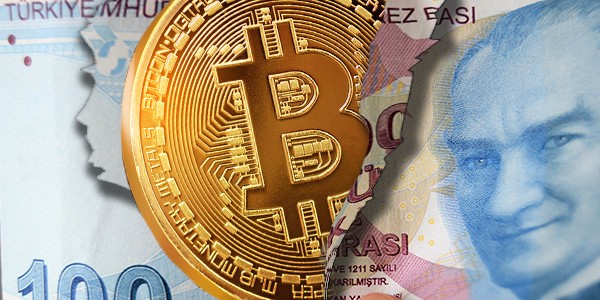
It’s December 2021, and the Turkish lira is near an all-time low against the U.S. dollar as President Recep Erdogan continues to implement what the Wall Street Journal calls “unconventional economic policies.” Turkish households saw the value of the national currency plunge nearly 30% last month alone, making everything from food to fuel significantly more expensive for already-struggling families.
Like many others, I believe Bitcoin could fix Turkey’s lira problem. And to understand why, it might be helpful to dust off a book written 45 years ago by Austrian economist Friedrich Hayek.

In the book, Denationalization of Money, the Nobel Laureate makes the case that a government’s monology over money is just as undesirable as any other monopoly. He argues against the creation of a shared European currency — something that would become a reality in 1999 when the euro was introduced — and he proposes that private institutions should be allowed to issue their own currencies.
It’s an idea that Hayek acknowledges is “too unfamiliar and even alarming to most people.” And yet, he says, those same people would eventually learn to see the benefits of a system that allows government-issued fiat currency to “compete for the favor of the public.”
But compete against what? Although written half a century ago, Hayek’s book seems to anticipate the rise of digital assets such as Bitcoin and Ether, which today are the closest thing we have, other than gold and silver, to “denationalized” money.

“When one studies the history of money, one cannot help wondering why people should have put up for so long with governments exercising an exclusive power that was regularly used to exploit and defraud them.”
– Nobel Laureate economist Friedrich Hayek (1899–1992)
“Bitcoin Fixes This”
As I write this, more than 15,000 different cryptocurrencies are available to trade, according to CoinMarketCap. Even Hayek would agree that’s too much competition. To keep things simple, we’ll stick to talking about Bitcoin.
As a decentralized asset, Bitcoin is precisely the kind of asset Hayek may have had in mind. It’s not issued by, nor does it belong to, any government. No central bank controls it. It’s completely border-agnostic. I can no longer send money to someone in Cuba using Western Union since operations ended there last year. But Bitcoin? No problem.
What’s more, Bitcoin has been a fabulous store of value compared to traditional currencies such as the Turkish lira and even the dollar, whose purchasing power has steadily deteriorated since the Federal Reserve’s founding in 1913. In the past 40 years alone, the greenback has lost two thirds of its value as Fed governors have pursued increasingly more unorthodox monetary schemes.

As for the problem of monetary manipulation, Hayek sees competing currencies as the solution. If people had a choice, he believes, this would “prevent governments from ‘protecting’ the currencies they issue against the harmful consequences of their own measures.” In other words, central bankers and finance ministers would have a harder time “concealing” measures to depreciate the value of their currencies.
It should start to make sense, then, why countries like China and Turkey have effectively banned Bitcoin, and why bureaucrats and policymakers in the U.S. and Europe are eager to regulate it.
Free Markets, Free Currencies
Despite the crypto ban, many Turks have reportedly turned to Bitcoin, not to mention gold, as the lira continues to sink due to Erdogan’s insistence on lowering interest rates to combat out-of-control inflation. Yes, central banks ordinarily hike rates to control higher prices, not lower them, but Erdogan allegedly does not want to risk economic momentum for economic stability. And before you say it, no, heads of government are not typically put in charge of monetary policy.
The country’s finance minister, Lutfi Elvan, resigned in protest last week, and Erdogan immediately replaced him with a loyalist. This tells me the president won’t be abandoning his easy money scheme anytime soon, which is bad for consumer prices but good for Bitcoin’s use case.
I’m a believer in free markets, as I assume you are. Competition benefits consumers not just because it gives them choices; it also breeds innovation and helps keep price in check.
Monopolies generally have the opposite effect, but for some reason, we generally don’t think of the lira or the dollar or any other fiat currency as being a “monopoly.” Perhaps it’s time we should.
Disclosure: All opinions expressed and data provided are subject to change without notice. Some of these opinions may not be appropriate to every investor. By clicking the link(s) above, you will be directed to a third-party website(s). U.S. Global Investors does not endorse all information supplied by this/these website(s) and is not responsible for its/their content.
Frank Holmes has been appointed non-executive chairman of the Board of Directors of HIVE Blockchain Technologies. Both Mr. Holmes and U.S. Global Investors own shares of HIVE. Effective 8/31/2018, Frank Holmes serves as the interim executive chairman of HIVE.
















